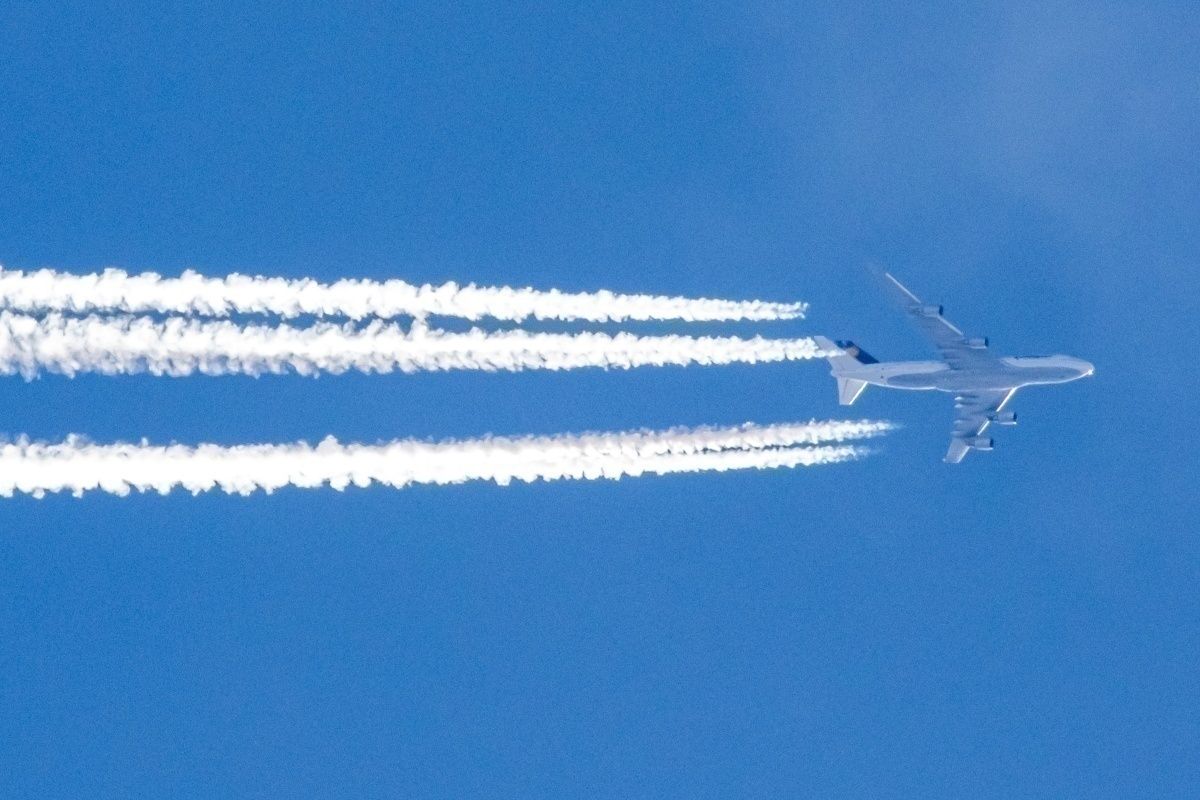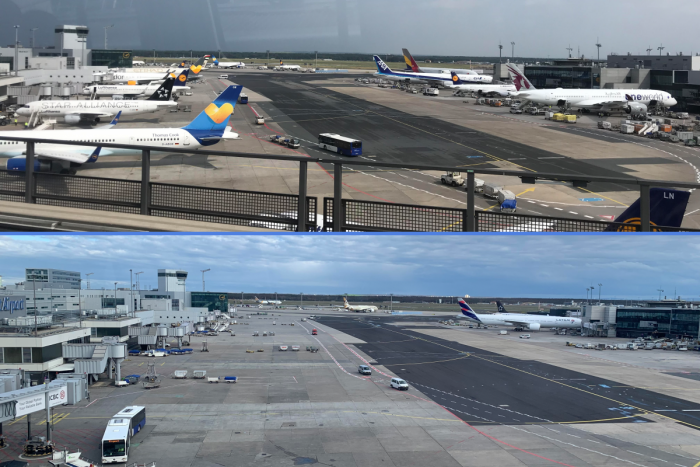While economists are still trying to come to terms with the full scale of the financial costs of widespread travel restrictions and lockdowns, Earth is being granted some much-needed breathing space. Since the deployment of measures to curb the spread of COVID-19, daily carbon dioxide emissions have fallen almost 60% across the European Union.Â
Fights over Europe down by 95%
With flights over Europe falling by as much as 95% in April compared to last year, the devastating economic impact this is having on airlines, their employees and sub-contractors is undeniable. However, Earth is doing just fine.Â
Amidst reports of goats taking over villages in Wales, Venice canals with clear waters teeming with fish, and herds of grazing deer outside of housing estates in London, data is emerging on just how much of an impact our daily activities were having on the air around us.Â
As reported by the Financial Times, a study by French energy consultancy group Sia Partners has shown how daily carbon emissions across the EU are down by a whopping 58% since coronavirus movement restrictions have been implemented.Â
Direct emissions from aviation usually accounts for about 3% of the EU’s greenhouse gas emissions. According to data from Eurocontrol, flights over Spain have dropped by 95% compared to the same time last year. Flights in UK airspace are down by 90%, and over Sweden by 84%. Traffic at Heathrow and Frankfurt airports are down by just over 84%.
Private transport emissions down by 88%
Emissions from private transportation such as cars and motorcycles in Europe have also fallen by a staggering 88%, and the energy sector has seen reductions by 40%. The combined numbers would have been even higher if it hadn’t been for the fact that household emissions are up by a third. Not surprising, as so many Europeans have been ordered to stay at home.Â
It is not only carbon dioxide levels that have dropped. Other harmful gases produced by vehicles and certain industries have also been reduced. The European Space Agency reported a marked decline in levels of nitrogen dioxide over cities such as Madrid, Paris, and Milan, already fairly early on in the lockdown.Â
28 million fewer tonnes worldwide
Worldwide, airplane emissions have dropped by almost a third. An analysis made by the Financial Times found that as much as 28 million fewer tonnes of carbon dioxide were emitted in March as nearly one million flights were canceled globally.
Overall, global carbon dioxide emissions from commercial flights in 2018 totaled 918 million tonnes or 2.4% of carbon emissions from fossil fuel use. A figure that is calculated to have increased by 32% over the past five years. If global aviation was a country, it would rank among the top ten emitters.Â
What will happen as we bounce back
In the midst of the economic distress that the widespread lockdowns, border closures, and travel bans are causing across the globe, one could think that the momentary respite for air quality and nature should be at least one cause for rejoicing.Â
However, the economic downturn is already predicted to be worse than that of the global financial crisis of 2008. This is likely to make governments and companies, including airlines, less willing to cut already meager profit margins for the sake of investing in new, greener technology such as sustainable fuel options and electrification.
It may be that the harm from the bounce-back will be greater than the benefits from the momentary reprieve we are now seeing.Â



